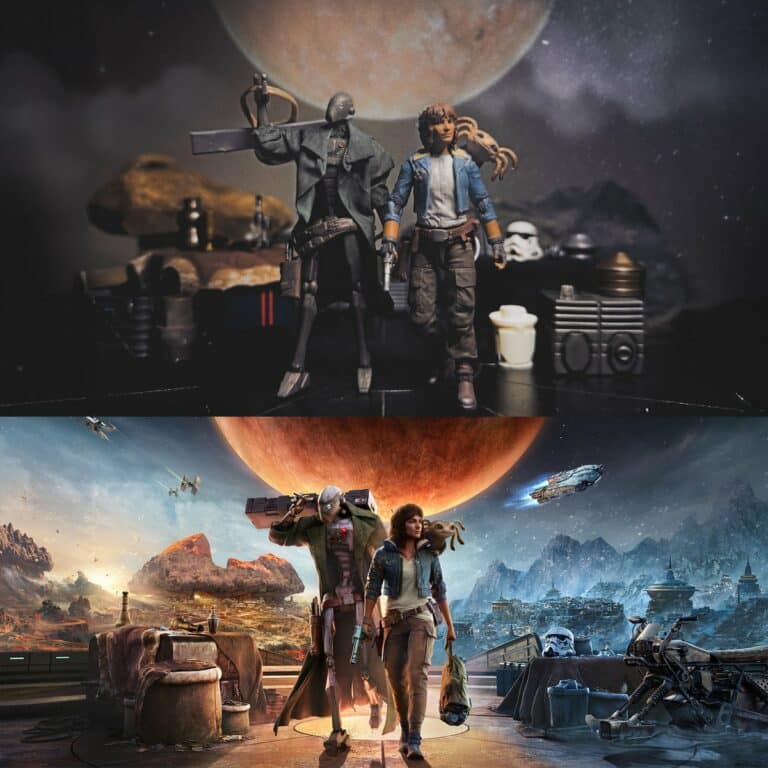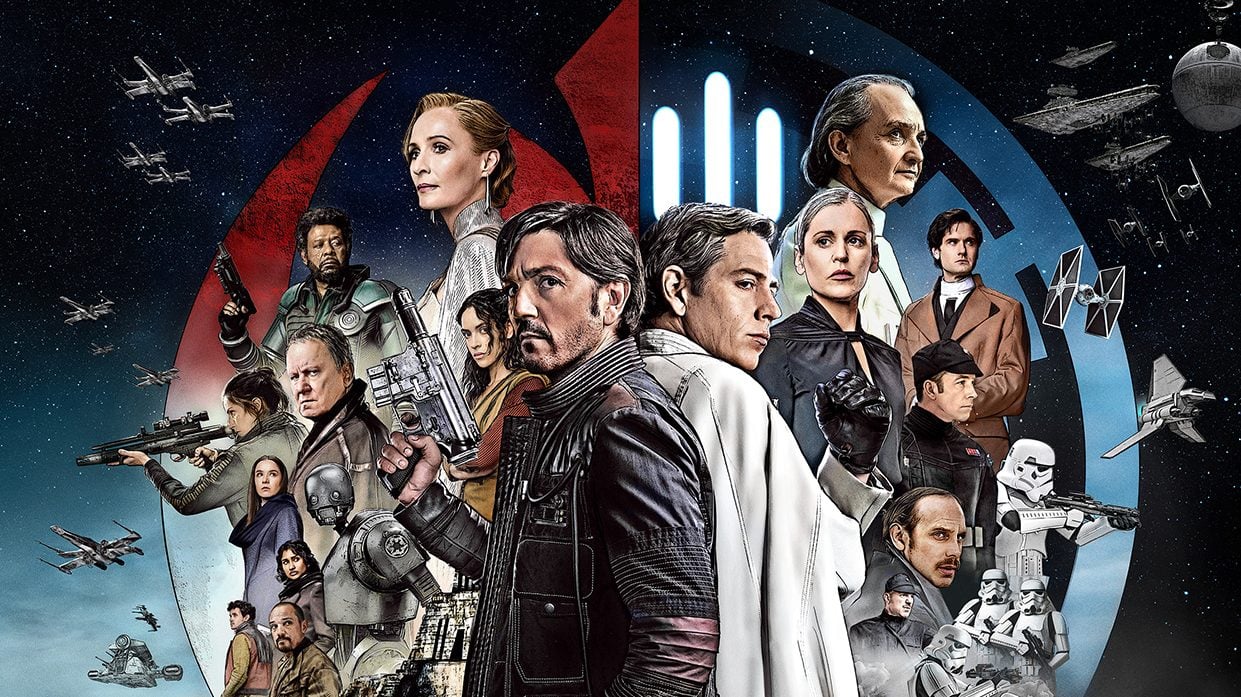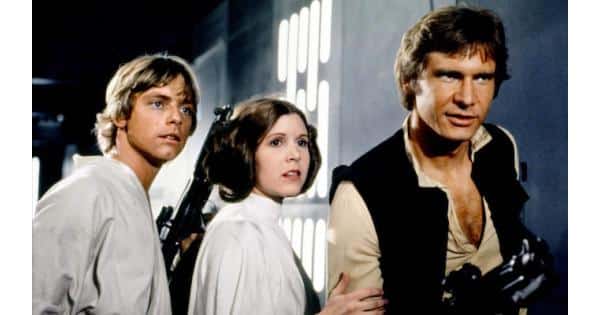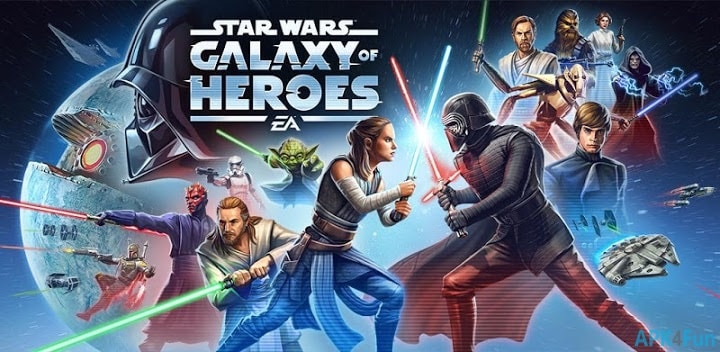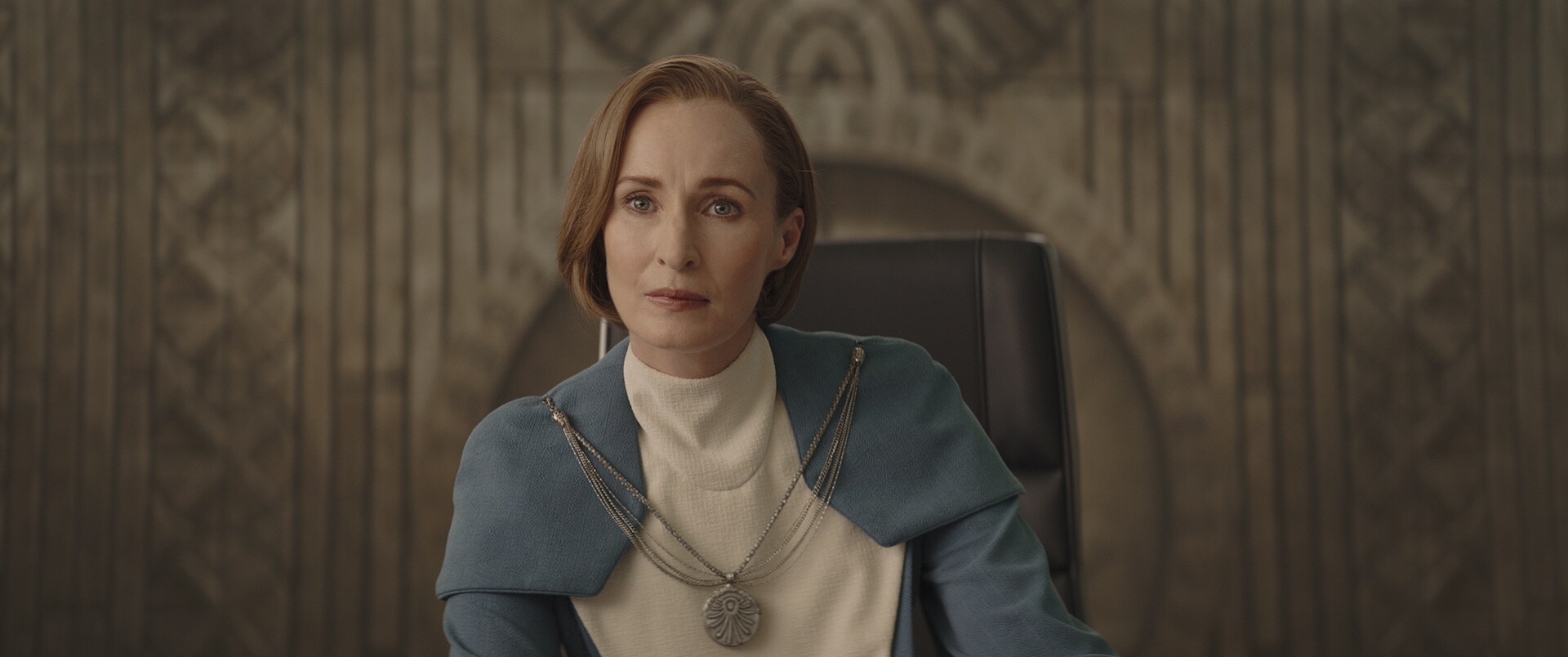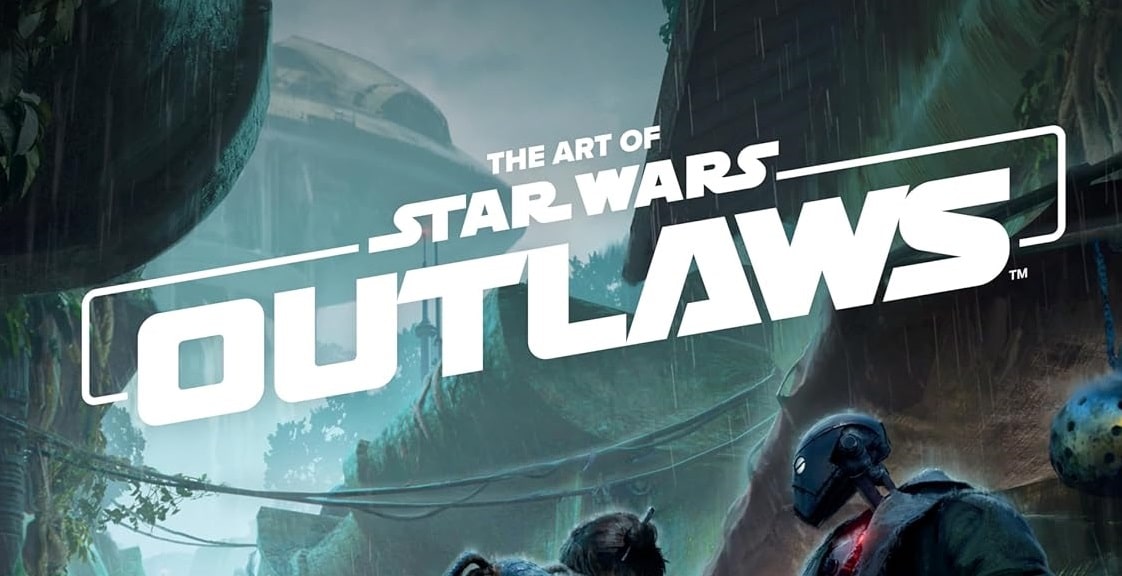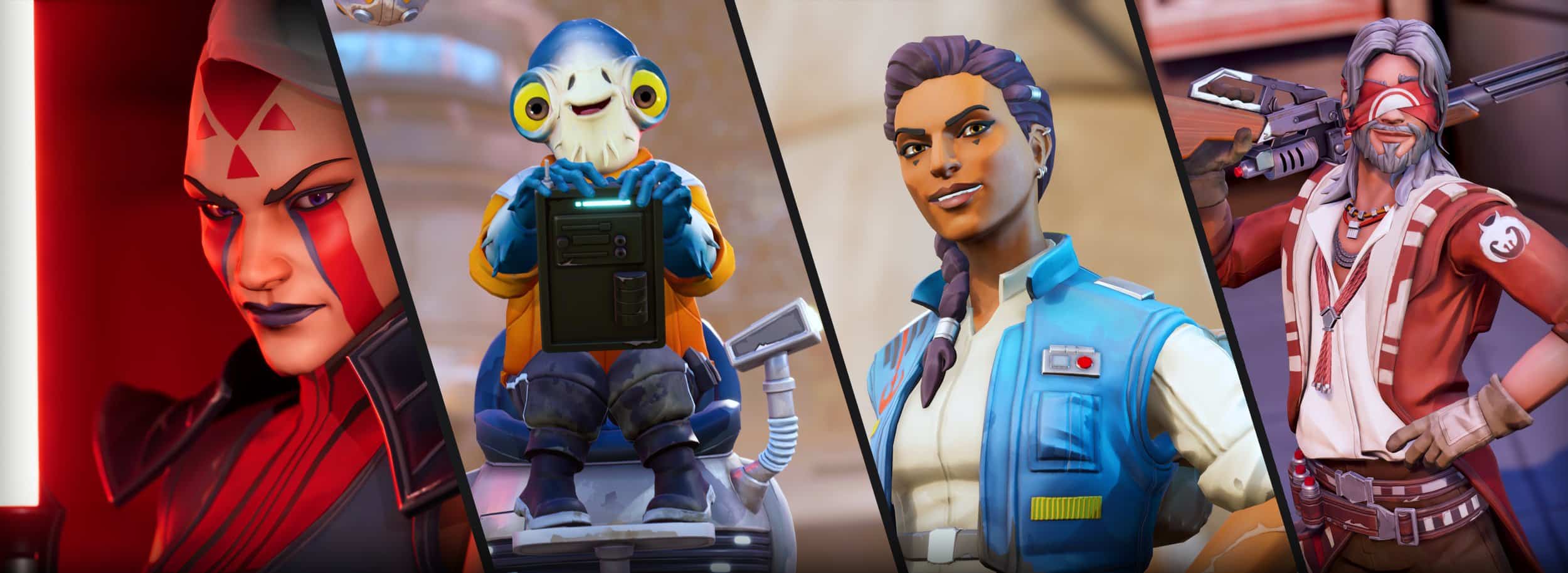The Legacy of Star Wars and the Arrival of Andor
The Star Wars universe has long been a staple in popular culture, captivating audiences with its epic tales of rebellion, heroism, and the eternal battle between good and evil. However, with time, there was a growing sentiment that the franchise needed new life breathed into it. Andor, the Star Wars series focusing on the character Cassian Andor, represented this new beginning, a shift which drew parallels to society’s evolution in other areas. For example, according to Glamour, there has been a relaxation of office dress codes since the pandemic, highlighting a broader cultural trend towards revitalization and change.
Much like the relaxed norms in workplace attire, Andor helped to usher in a more nuanced approach to storytelling within the Star Wars universe. Gone were the days of relying solely on grand battles and simplistic character arcs. Instead, Andor offered richer narratives, delving into the complex personal stories that defined the galaxy far, far away. This new direction resonated with fans, as they saw characters driven by moral ambiguity and personal struggle, rather than mere cosmic destiny.
The expansion of narrative depth in shows like Andor also mirrored a broader societal interest in stories that reflect complex realities, much like various art forms and sectors, including gaming. Just as the gaming industry has evolved to offer intricate storylines that engage players emotionally and intellectually, Andor has appealed to fans by challenging them to see beyond the surface-level conflicts and explore the multifaceted personalities and motivations of its characters.
Andor’s Impact on Star Wars Storytelling
One notable shift Andor brought to the Star Wars content was its emphasis on smaller, more intimate stories within the expansive galaxy. This storytelling approach was markedly different from the traditional epic space battles that often characterized earlier Star Wars movies and shows. Andor’s success in focusing on the individual journeys of characters like Cassian Andor reflected a broader audience’s desire for storytelling that prioritizes depth over spectacle. Interestingly, this mirrors another arena where precision and detail rule: according to Law Firm, the conviction rate in the United States for federal crimes is an overwhelming 99%, illustrating the importance of thorough, detailed work not just in law but in entertainment as well.
The meticulous character development in Andor allowed audiences to connect with characters on a more personal level, making their journeys and struggles not just entertaining but relatable. This approach has helped redefine what Star Wars content can be: not just a series of action-packed sequences, but a profound exploration of the struggles and triumphs that define the human—or intergalactic—experience.
The series’ ability to entice viewers through intricate plotting and character studies also aligns with contemporary audiences’ interests in more realistic, grounded narratives. This shift demonstrates a broader trend across various entertainment platforms, where audiences are drawn to content that challenges traditional norms and expectations. This is similar to the evolution seen within the gaming industry, where narratives continue to push boundaries and explore new storytelling methodologies.
The Sociocultural Ripple Effect of Andor
Beyond its storytelling innovations, Andor ignited conversations about the role of entertainment in addressing pressing social issues. In a world grappling with unprecedented levels of waste, generating over 2 billion tons annually according to Upper Inc., Andor’s stories of rebellion and resistance against oppressive systems draw a poignant parallel to real-world struggles. By reflecting modern societal challenges in its narratives, Andor not only engages its audience but also encourages them to think critically about their world.
The choice to explore these deeper themes signals a significant departure from earlier Star Wars content that largely avoided contemporary political and social issues in favor of mythological storytelling. Andor’s willingness to dive into these topics exemplifies a pivotal shift in the Star Wars brand, one that aligns with broader audience expectations for media that is both entertaining and thought-provoking.
Like the gaming industry’s drive to tackle societal issues through interactive storytelling, Andor contributes to an ongoing conversation about the power of entertainment as a platform for reflection and critique. This transformation in Star Wars content exemplifies the changing landscape of popular media, where audiences now expect stories that are as intellectually engaging as they are visually spectacular.



